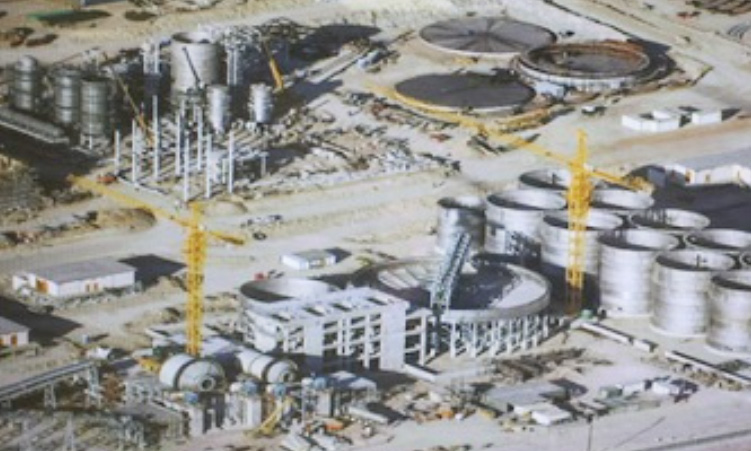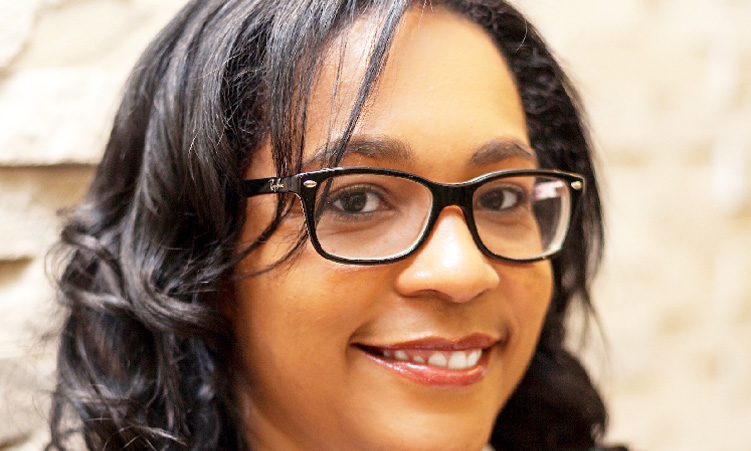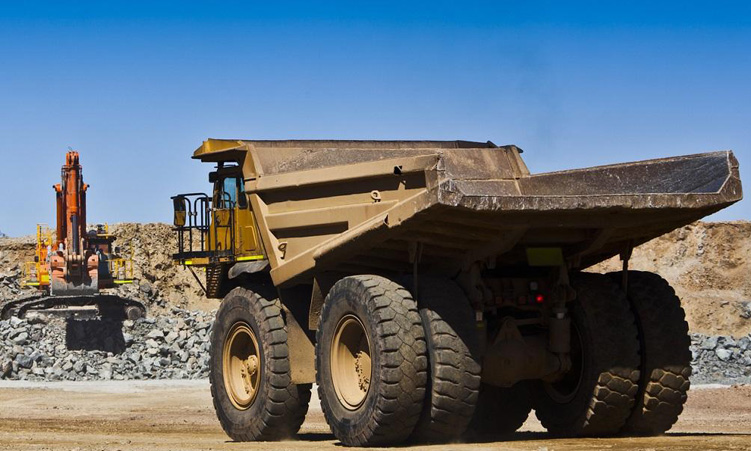Headspring Investments, a locally registered subsidiary of Uranium One, is supporting transparency with regards to the conducting of independent assessments of its operations in Namibia to confirm the safety of the extraction method and receive recommendations to develop best practices in the industry.
The company, which is part of the Russian state-owned nuclear energy company, Rosatom, has been advocating exploration activities in the Leonardville area of the Stampriet aquifer, using the in-situ leaching (ISL) method, also called in-situ recovery (ISR) or solution mining, as the preferred extraction process.
This process is used to recover minerals such as copper and uranium through boreholes drilled into a deposit.
According to research, the ISR method has minimal environmental impact. Unlike traditional mining methods that involve digging deep shafts and tunnels, ISR involves extracting uranium from the ground without the need for extensive excavation.
ISR involves using liquids, which are pumped through the orebody while it is in the ground to recover the minerals from the ore by leaching.
The uranium company’s remarks follow agriculture, water and land reform minister Calle Schlettwein’s recent calls for the need to have a comprehensive independent competent assessment of facilities, processes and technologies when implementing geological exploration projects in Namibia.
Schlettwein was responding to questions posed by United People’s Movement president Jan van Wyk in parliament a fortnight ago.
“I would like to iterate the importance of protecting the groundwater resources of the Stampriet Aquifer. It is the only source of water for about 80 000 people of Omaheke and part of the Hardap regions for their domestic, livestock and irrigation supply,” he said.
He added that the Headspring Investments exploration activity, which is dominated by extensive drilling activities, is aimed at assessing the economic potential of the Stampriet area for the development of ISL uranium mining operations, targeting exploration potential for the so-called Wings Project.
“We have engaged the United Nations Educational, Scientific and Cultural Organisation and International Atomic Energy Agency (IAEA) to provide such advice from independent experts and plans are at an advanced stage to bring them over to Namibia,” Schlettwein said.
Headspring Investments published a statement last week, when the company reaffirmed its dedication to transparency and environmental responsibility. The company further pledged to engage in open dialogue and consultations with stakeholders to address any concerns related to its operations.
“The company strives for transparency in its activities and complies with the highest global standards in the field of environmental safety and security. We are open to dialogue and continued consultations with all interested parties to clarify any issues related to the project and achieve mutual understanding,” the statement read.
Furthermore, Headspring welcomed the involvement of independent bodies such as the IAEA to assess its practices and confirmed that no drilling activities have taken place at the site since 9 November 2021.
The company awaits the opportunity to conduct a field trial, expressing confidence that the results will confirm the safety of its extraction methods, particularly in safeguarding underground water sources crucial to local communities.
Headspring also reiterated its commitment to productive dialogue and collaboration to promote safety, security and best practices within the industry.
Stay informed with The Namibian – your source for credible journalism. Get in-depth reporting and opinions for
only N$85 a month. Invest in journalism, invest in democracy –
Subscribe Now!







